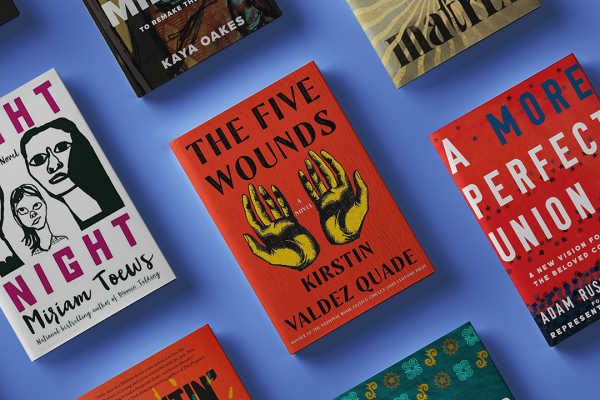Dec 9, 2021
“Above all else, guard your heart,” warns Proverbs, “for everything you do flows from it” (4:23). But can any of us say we’ve made it through the past few years with our hearts in good repair?
Yet whenever I’d crack open a book, something stirred; stories have a way of seeping in where tweets, memes, and news alerts fail.
Read the Full Article

Already a subscriber? Login
